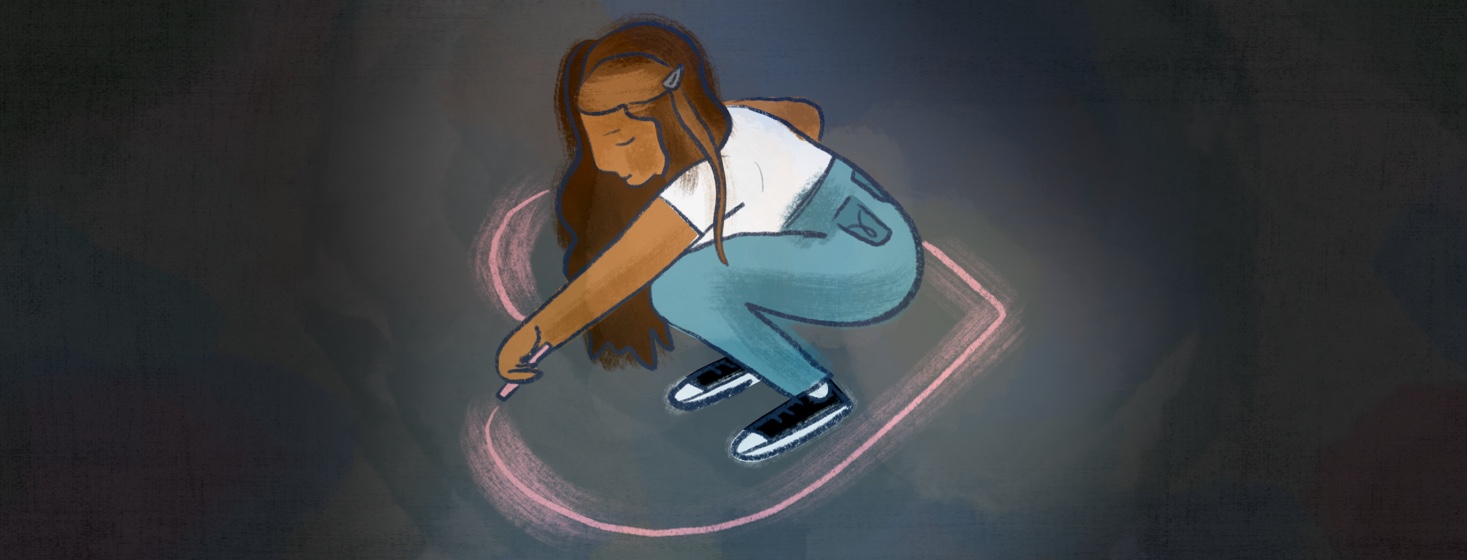3 Critical Steps for Boundary and Self-Care During Active Treatment
Women can be terrible at taking care of their own personal needs. We're wired to take care of everyone else first. Cancer snaps you out of that caregiver role, and the disease demands you put your health first.
So, where do you even begin? How do you give up your caregiving roles at work, home, and life in general?
One thing at a time, one day at a time
The thing about cancer is that the disease is overwhelming. You can become consumed by your diagnosis and all your medical appointments. It takes over your life because that's what cancer is doing to your body. It has taken over and is replicating.
Taking care of yourself and your health IS the priority to get through your cancer journey.
For many women, this is a huge shift because, for so long, we have been taking care of other people.
What you will find is that when people find out about your diagnosis, within your circle of friends and family, everyone will have their own opinion about how you should take care of yourself. They may also begin projecting their own opinions, fears, and worries on you. Sometimes without a filter.
This leads to step 1: boundary control.
1) Designate a protector
Someone in your inner circle of support will be someone who will surprise you and rise up to be right by your side. This person will do anything to support you and not judge you. If this person doesn't fit that role, you might have to do this step yourself. Either way, you (or your support person) have to create this barrier around you. It's not your job to answer every text message from acquaintances or work friends. Let someone else update people.
The barrier is for your protection so you can focus on your needs 100 percent. The absolute priority is you and your immediate family. The ones that live inside your household.
What do they need to get through the day, and what do you need?
Everything else is a distraction and doesn't need your attention. If someone text messages you about how you are doing, delegate it to your protector. The barrage of text messages and phone calls gets pretty heavy in the beginning because everyone wants to clamp onto your journey and go along for the ride but not really do anything other than "get in your business and create drama."
Sometimes these folks don't even know they are doing this, but people love distractions and will do anything to distract themselves from their own lives.
2) Create a mental and physical self-care routine
If chemotherapy is recommended and you opt to go through with it, a journal, support group, and/or survivor mentor are all excellent mental tools to use.
The journal can be such a godsend when it comes to writing down all of your feelings. Feelings will be rampant from the drugs you are going to be on, as well as dealing with relationships. You will find out that some friends will disappear or some that really "show up." You might also have an overwhelming sense of WTF is happening to me at times.
If journaling is not your thing, be on the lookout to see if a cancer survivor has shown up in your life. Can you reach out and talk to this person? I will tell you from experience that just reaching out and making contact is such a relief in case you need her in the future. You might not be ready to really dive into what you are going through, but you don't know what you don't know.
And I realize not everyone reaches out to a support group at first, but it's a good idea to find out where they are located and who is the manager of that group. Survivors of ovarian cancer have been where you are and can be a great venting opportunity.
Physically, moving your body is fantastic. Just getting out of bed or off the couch is a victory if you're having a bad day. If a friend offers to walk with you. Take it. Even if it's a short one.
Moving your body will stop you from the constant "chatter" that is going on inside your head, and it will relax you. In addition, your body will thank you for moving it and processing the drugs that are fighting your drugs.
3) Keep delegating
As you get deeper into your chemo treatments, or you've had surgery, you will find out that you just can't do everything you used to. If you haven't started delegating things, you will find out that the friends that are still hanging on and checking in with you WILL be ecstatic when you finally ask for help.
It's such a big win when you allow others to help you. You will be so tired that you won't even feel guilty. It will be a relief.
And when you are all finished with your cancer journey, you will find that those folks who were really there for you.... Will be your best friend(s) for the rest of your life. You will never forget the people that were there to protect you or support you (in a healthy way).

Join the conversation